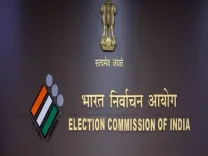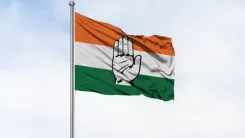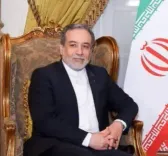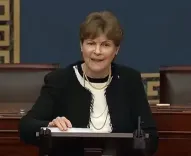Centre Informs SC That TN Governor Ruling Excludes Kerala Case
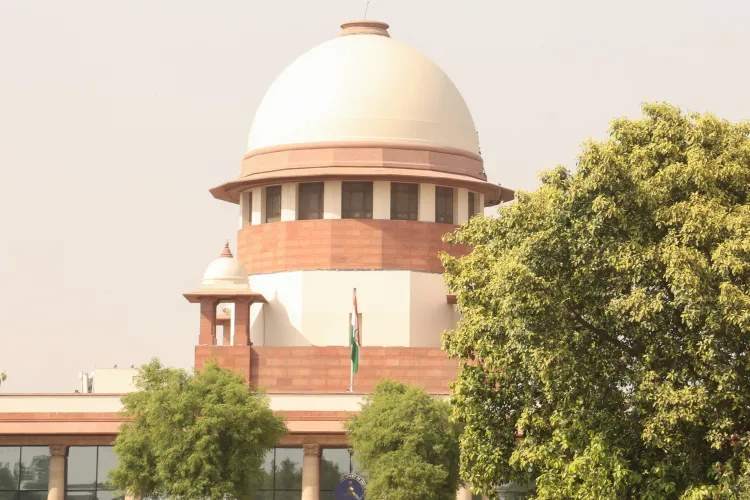
Synopsis
Key Takeaways
- The Union government asserts Kerala's case differs from the Tamil Nadu ruling.
- The Supreme Court will investigate the applicability of the Tamil Nadu judgment.
- The Kerala government claims constitutional violations due to delayed assent on Bills.
- Governor's inaction on Bills is being challenged legally.
- Article 200's urgency requirement is emphasized in pending bill handling.
New Delhi, April 22 (NationPress) The Union government conveyed to the Supreme Court on Tuesday that its recent ruling establishing timelines for both the President and Governors concerning Bills does not apply to the ongoing dispute between Kerala’s Governor and the Assembly.
The Supreme Court was addressing a petition filed by the Kerala government regarding the Governor's inaction in granting assent to the Bills passed by the Assembly.
Senior advocate K.K. Venugopal, representing the Kerala government, argued before a bench led by Justices P.S. Narasimha and Joymalya Bagchi that their situation is directly aligned with the recent Supreme Court ruling in the Tamil Nadu Governor case.
Conversely, Attorney General for India R. Venkataramani and Solicitor General Tushar Mehta, the two highest legal officials of the Centre, asserted that Kerala's circumstances are factually distinct and do not fall under the latest ruling regarding the interpretation of Article 200.
The Attorney General stated, “The Tamil Nadu ruling does not address specific issues relevant to this case based on the facts. We aim to highlight these differences. I will submit a note.”
After hearing the arguments, the bench led by Justice Narasimha indicated that it would assess whether the Tamil Nadu ruling is relevant to Kerala's situation or if there are any disparities, scheduling the next hearing for May 6.
In Kerala's case, seven Bills were forwarded to President Droupadi Murmu by then-Governor Arif Mohammed Khan following their re-adoption in a special Assembly session. The petition claimed that the Governor's prolonged inaction on these Bills violates the constitutional requirement that they be addressed “as soon as possible”.
The writ petition emphasized that the phrase “as soon as possible” in Article 200 of the Constitution mandates not only timely handling of pending Bills but also their urgent and prompt processing without unnecessary delays.
Earlier this month, the Supreme Court utilized its inherent powers under Article 142 of the Constitution to resolve a conflict between the Tamil Nadu government and Governor R.N. Ravi regarding the delay in approving Bills passed by the Assembly. The ruling determined that Governor Ravi's refusal to approve ten Bills was “illegal and arbitrary” and imposed a three-month deadline for presidential and gubernatorial approval of Bills re-passed by the legislature.
The bench of Justices J.B. Pardiwala and R. Mahadevan stated, “The President must make a decision on Bills reserved for consideration by the Governor within three months from the date such reference is received.”
Should there be no decision within this timeframe, states may file writ petitions seeking a writ of mandamus against the President, the Justice Pardiwala-led Bench clarified.
The apex court, exercising its powers, declared the ten withheld Bills as deemed assented on the date they were presented to the Governor after being reconsidered by the state legislature. The ruling clarified that once a Bill is sent back, re-passed by the legislature, and presented again to the Governor, it is not within the Governor's discretion to reserve it for the President’s consideration. Furthermore, the President is now required to provide reasons for their decisions, which must be communicated to the state government.
Additionally, it was recommended that the President consult the Supreme Court regarding Bills involving constitutional matters.
The ruling effectively brought presidential actions under judicial scrutiny by instituting a three-month timeline for granting assent to Bills. This issue gained new dimensions following Vice-President Jagdeep Dhankhar's strong remarks against the judiciary, likening Article 142 to a ‘nuclear missile’ available to the judiciary against democratic forces.

